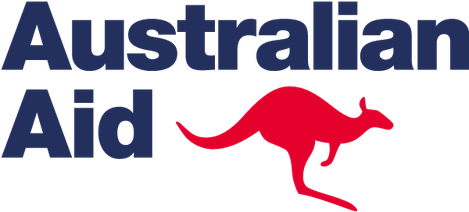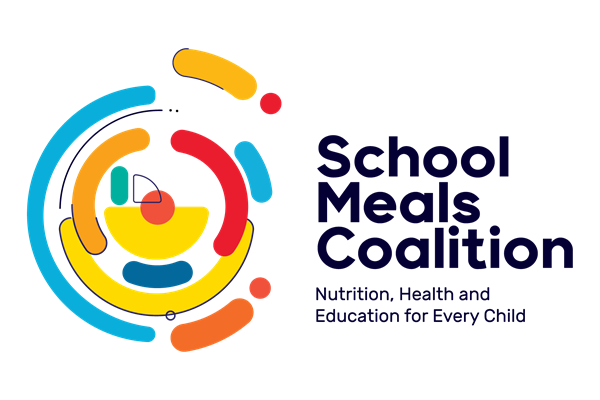Reports, Research and Online Resources
On this page you will find information and links to recent reports, research and online resources. If you have a report or research you would like to share on this page, please get in touch with us.
School Food Infographics
These infographics were designed as part of an ACIAR funded project (Understanding School Food Provision in the Pacific: Scoping the potential of local food systems to improve diets, nutrition and livelihoods, HORT/2021/159).
More information on this project can be found here.
Fish and fish-based products in Timor-Leste’s School Meal Program: Understanding existing use, challenges, opportunities and research needs
This resource provides an overview of fish and fish-based products in Timor-Leste’s School Meal Program.
The resource is also available in Tetum.
Resources from French Polynesia
These resources, in French, have been shared by colleagues in French Polynesia.
Pacific School Food Learning and Teaching Hub
This hub has been designed to collate food and nutrition resources for teachers in the Pacific Islands. The hub allows you to search for food and nutrition resources that might support your teaching. With so much information available on the internet, and in print and social media, the hub also contains a professional development course on assessing the credibility of information sources.
This short course can support the development of knowledge and skills that are important for critiquing information. This hub was developed by a team from the Australian Centre for Pacific Islands Research (ACPIR) and funded by the Food and Agriculture Organization of the United Nations Sub-Regional office for the Pacific Islands.
The State of School Feeding Worldwide 2022
Ready to learn and thrive: School health and nutrition around the world – 2023
Based on the most comprehensive and up-to-date data, this report provides the first overview of the extent to which countries have school health and nutrition (SHN) policies and programmes in place. Produced by United Nations Educational, Scientific and Cultural Organization (UNESCO), United Nations Children’s Fund (UNICEF), World Food Programme (WFP).
FAO School Food Global Hub
Recent publications
Recent publications
These are recent open access publications related to school food and nutrition in the Pacific Islands:
Reeve, E., Thow, AM., Bell, C. et al. Identifying opportunities to strengthen school food environments in the Pacific: a case study in Samoa. BMC Public Health 21, 246 (2021). https://doi.org/10.1186/s12889-021-10203-2
Burkhart, S., Singh, P., Raneri, J., Hayman, A., Katz, S., Matairakula, U., Mackay, C., Horsey, B., Underhill, S., Kama, A., Maelaua. J., Demei, B., Mitchell, A., Gurung Nyangmi, M., Taawetia, T., Tekatu, T., Hunter, D. Growing our future: Introducing the Pacific School Food Network to support healthy school food and nutrition environments for better nourished children in the Pacific Islands. The Lancet Regional Health – Western Pacific, Volume 18, 100338 (2021).
School Nutrition Education Programmes in the Pacific Islands: A Scoping Review and Capacity Needs Assessment
School Nutrition Education Programmes in the Pacific Islands
Based on the most comprehensive and up-to-date data, this report provides the first overview of the extent to which countries have school health and nutrition (SHN) policies and programmes in place. Produced by United Nations Educational, Scientific and Cultural Organization (UNESCO), United Nations Children’s Fund (UNICEF), World Food Programme (WFP).
Information and resources for School Food and Nutrition, including links to the FAO School Food and Nutrition Framework and School-based food and nutrition education – A white paper on the current state, principles, challenges and recommendations for low-and middle-income countries
The Global Child Nutrition Foundation presents a report on ‘School Meal Programs Around the World’ Global Report Based on the 2021 Global Survey of School Meal Programs.
Eat Right Be Bright
Eat Right Be Bright – Advocacy Document
This report presents the outcomes of a scoping review conducted to identify and map existing evidence on the effects of school food and nutrition policies on health-related outcomes in children of school age as part of the initial preparation for undertaking the guideline development process by the WHO Nutrition Guidance Expert Advisory Group (NUGAG) Subgroup on Policy Actions.
In order to align with WHO’s Nutrition-friendly Schools Initiative (NFSI) framework, school-based food and nutrition interventions were assessed in terms of the impacts in four key policy areas, namely – the school community, the school curriculum, the school food and nutrition environment, and school nutrition and health services.
Conference presentations
The following presentations were developed from two USC/FAO projects undertaken in 2018 and 2019.
If you have any conference presentations or posters that you would like to share, please let us know.
School food in the Pacific: Understanding capacity to create more supportive environments.
Citation: Burkhart, S. J., Hayman, A., Lam, F., Jones, B., Underhill, S. J., Craven, D. School food in the Pacific: Understanding capacity to create more supportive environments. World Public Health Nutrition Congress, March/April 2020. *Presented virtually due to COVID-19.
School Nutrition Education Programmes in the Pacific Islands: An understanding of the current situation.
Citation: Burkhart, S. J., Hayman, A., Jones, B., Lam, F., Underhill, S., Swanepoel, L. School Nutrition Education Programmes in the Pacific Islands: An understanding of the current situation. Nutrition Society of Australia Annual Scientific Meeting, Canberra, November 2018.
School Nutrition Education Programmes in the Pacific Islands: A capacity needs assessment.
Citation: Burkhart, S. J., Hayman, A., Jones, B., Lam, F., Underhill, S., Swanepoel, L. School Nutrition Education Programmes in the Pacific Islands: A capacity needs assessment. Nutrition Society of Australia Annual Scientific Meeting, Canberra, November 2018.


